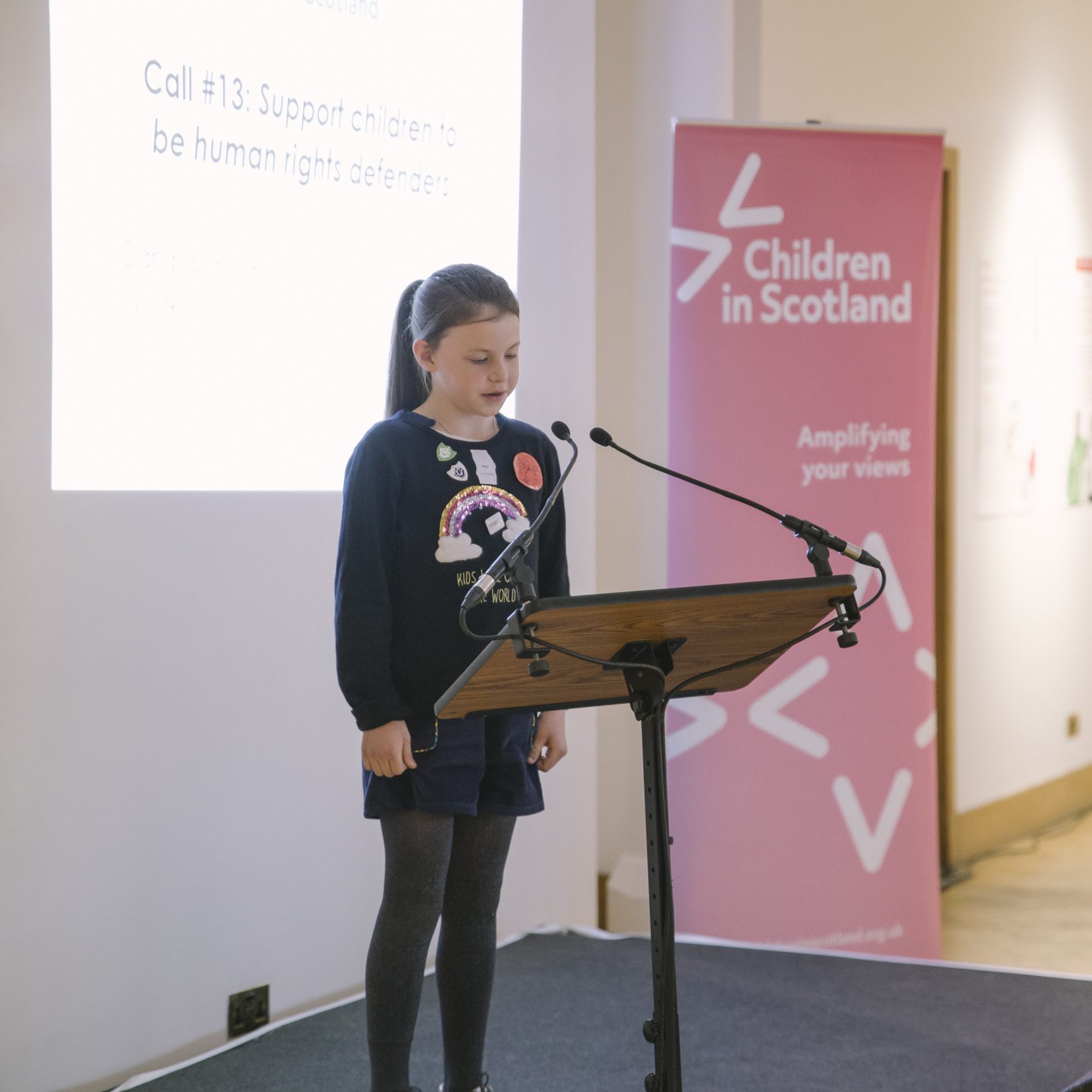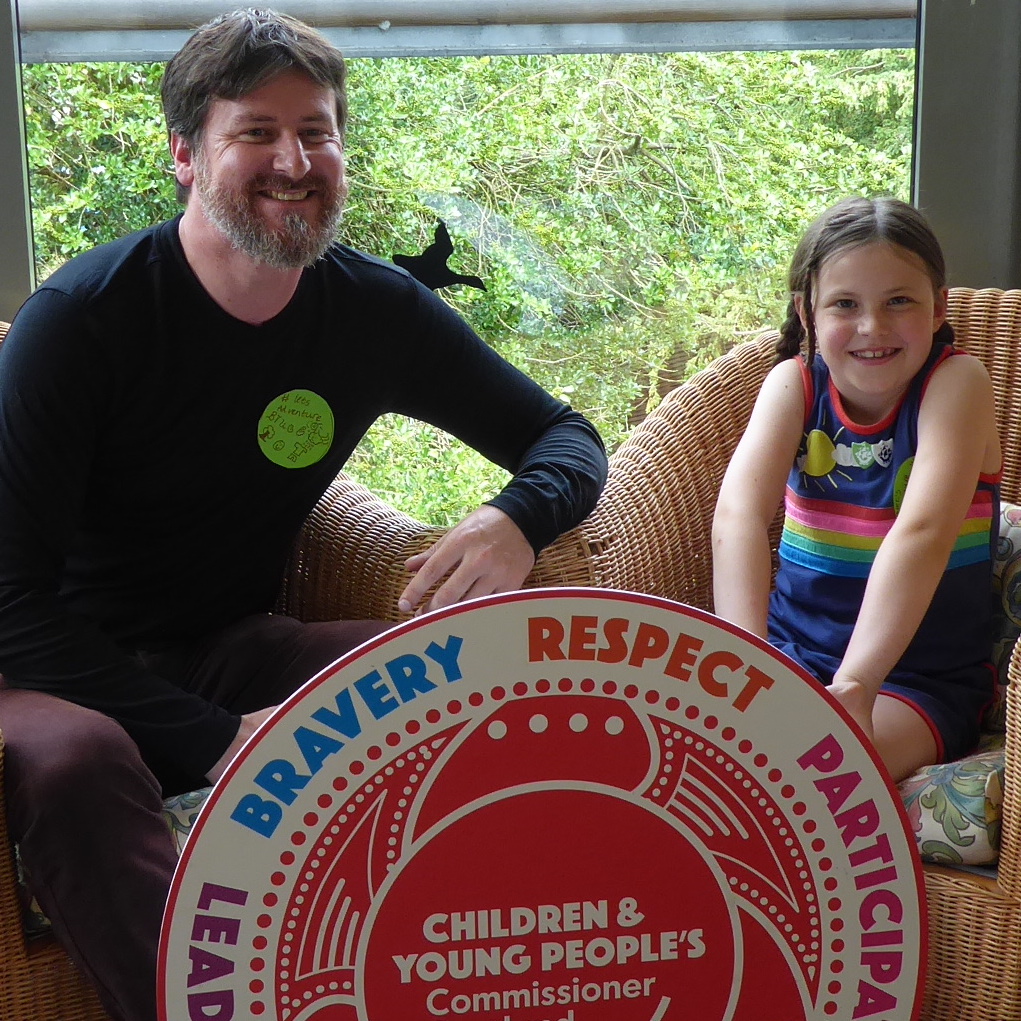
Q&A with Susie Heywood: Tackling gender stereotypes
Posted 28 June, 2022 by Jennifer Drummond
Ahead of her webinar in July, Susie reflects on how gender and public health issues are intrinsically linked and the importance of counter-balancing harmful societal stereotypes
For the past four years Susie Heywood has committed to developing an approach to tackle gender inequality across Scotland. Along with Barbara Adzajlic, she created and delivered the acclaimed Gender Friendly Nursery programme for NHS Greater Glasgow and Clyde, designed to improve gender equality and raise awareness of the harmful impacts of gender stereotypes from a public health perspective.
To build on its success, she launched the new Gender Friendly Scotland website and will shortly be publishing a book on the topic of gender stereotypes in the early years.
Here, she shares the importance of recognising the long-term, harmful impact of gender stereotyping on physical, emotional and mental wellbeing and why it’s so crucial for early years professionals to help change the narrative.
You are a firm believer that many of the public health issues we face are rooted in gender inequality and that challenging the narrative will help progress change. Can you tell me more?
Both Barbara and I have a professional background in public health which is why we make these links. We know that gender inequality is a root cause of violence against women and girls and that the stereotype of the strong, tough, self-sufficient man, which starts early with messages like “boys don’t cry” plays a role in the elevated rates of suicide that we see amongst men compared with women.
We know that the drip feed of messages to girls around the importance of their appearance leads to issues around self-esteem, participation in sports, body image and disordered eating.
Other areas like poverty, educational attainment, career destinations, mental health and others are all relevant to these gendered ideas and pressures too.
It can be argued there has been a significant shift in understanding over the last decade and more willingness to challenge standing stereotypes and change the narrative, evidenced in the work you do and through national movements and campaigns such as Let Toys be Toys and Let Clothes by Clothes. Is this your experience? Are we making progress?
I think we are making progress. The number of people who seem to be catching on to this agenda has certainly increased, and we have seen many early years settings really embrace the learning we have shared, so that’s really encouraging.
However, these gendered attitudes and ideas are so ingrained that it’s going to take a while to really reach the cultural change that needs to happen – but I think we are seeing signs that we are on the right track.
It is of course important to remember that gender stereotypes are only one of many ways that children can be limited and put into boxes – as a society we still have a long way to go when it comes to things like racism, disability and neurodiversity for example.
The event you are running with us is entitled Challenging Gender Stereotypes: How to change the narrative. What are you hoping those in attendance will take away from the session?
I hope they leave with an understanding of why it’s important that we challenge gender stereotypes, particularly with young children, as well as a sense of why doing this benefits everyone. This is not a siloed issue. Gender stereotypes don’t just impact one particular group in society, though they do affect us all in different ways.
Secondly, I hope that they feel equipped with ideas of how they can make a difference for children – by both reducing their exposure to gender stereotypes and by providing a counter-balance to the messages that society hammers home to us from birth about what it means to be a boy or a girl. At the end of the day this is all about ensuring that children aren’t limited by these messages – that they can dream big and free.
Susie will be leading the event Challenging gender stereotypes: how to change the narrative, held online on Tuesday 26 July.
Click here to find out more and book
Challenging Gender Stereotypes in the Early Years: Changing the Narrative by Susie Heywood and Barbara Adzajlic will be published in September 2022 by Routledge Education.



